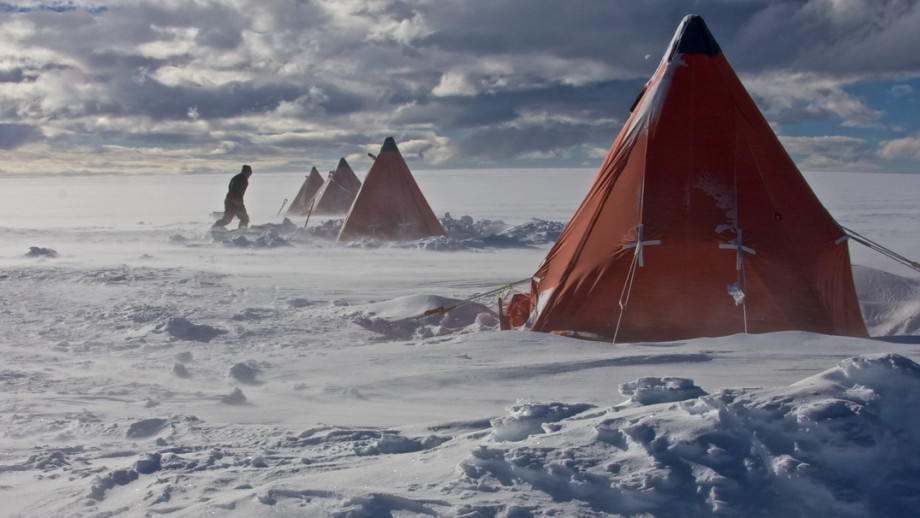A new study from an international team of scientists, including researchers from The Australian National University (ANU), has linked an increase in black carbon levels found in Antarctic ice to 700-year-old Māori land burning practices in New Zealand.
The findings, which are published in the journal Nature, challenge past assumptions by demonstrating humans were responsible for environmental changes earlier, and on a much larger scale, than previously thought.
“The pattern of wildfire fallout over Antarctica points to New Zealand/Aotearoa being the source of the increase in fires dating back to the year 1300, coinciding with the arrival and settlement of the Māori people,” Professor Nerilie Abram, from the ANU Research School of Earth Sciences, said.
The researchers were surprised to learn humans were impacting the environment on such a large scale long before the industrial era.
Human impact dates back 700 years
Lead author, Dr Joseph McConnell from the Desert Research Institute, said: “The idea that humans at this time in history caused such a significant change in atmospheric black carbon through their land-clearing activities is quite surprising.
“We used to think that if you went back a few hundred years you’d be looking at a pristine, pre-industrial world. But it’s clear from this study that humans have been impacting the environment over the Southern Ocean and the Antarctica Peninsula for at least the last 700 years.”
Professor Abram was part of the research team that analysed black carbon levels found in six Antarctic ice cores. The ice from James Ross Island on the Antarctic Peninsula revealed a significant increase in black carbon that began in 1300, with levels tripling over the next 700 years and peaking during the 16th and 17th centuries.
At the same time, samples taken from continental Antarctica indicate black carbon levels remained relatively stable, helping researchers to pinpoint the source of the wildfires.
New Zealand is most likely origin
The researchers determined New Zealand was the most likely origin of the increased black carbon emissions after demonstrating charcoal records – which showed a major increase in fire activity in 1300 – coincided with the estimated arrival, colonisation and subsequent burning of much of New Zealand’s forested areas by the Māori people.
This is despite New Zealand’s relatively small land size and how far the smoke would have travelled to reach the ice core site on James Ross Island, more than 7,000 kilometres away.
“Compared to natural burning in places like the Amazon, southern Africa or Australia, you wouldn’t expect Māori burning in New Zealand to have a big impact – but it does over the Southern Ocean and the Antarctic Peninsula,” Dr Nathan Chellman, from the Desert Research Institute said.
“Our findings show that wildfires in the southern hemisphere have long been influenced by both the climate and human activities, but we do also expect wildfires to become more frequent and more intense in the future due to human-caused climate change,” Professor Abram noted.












